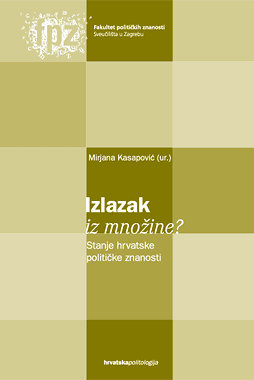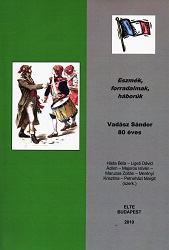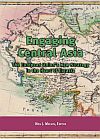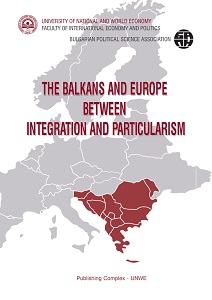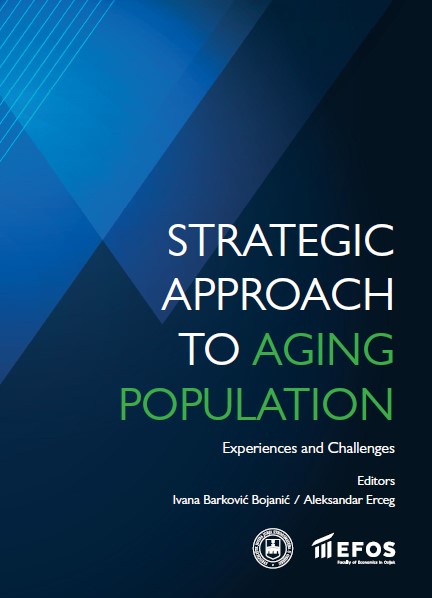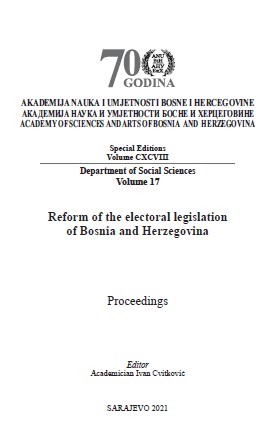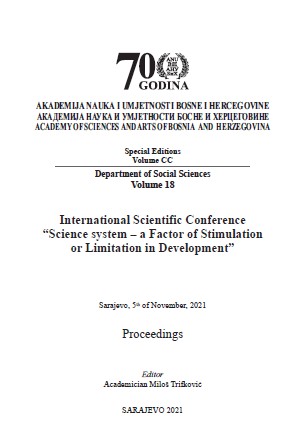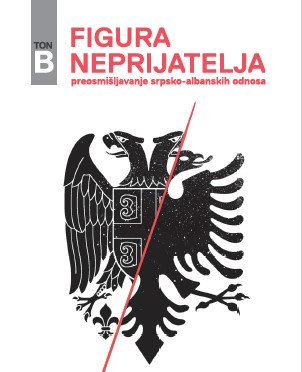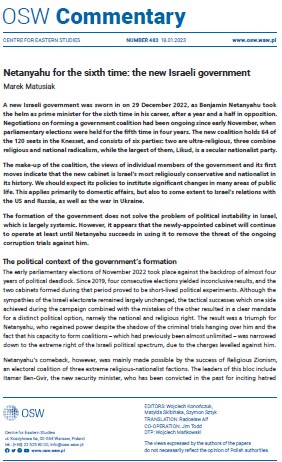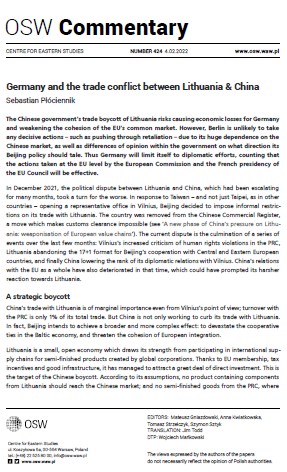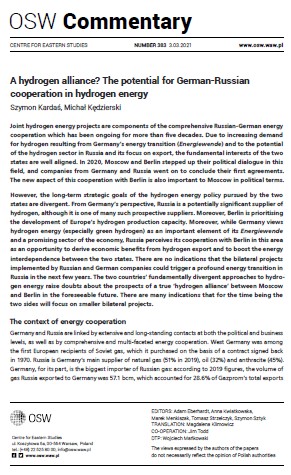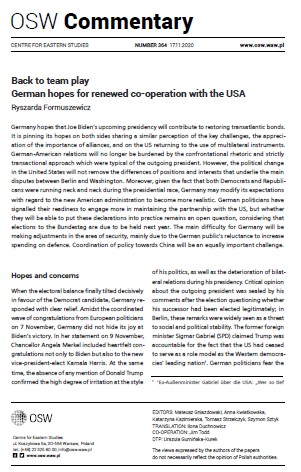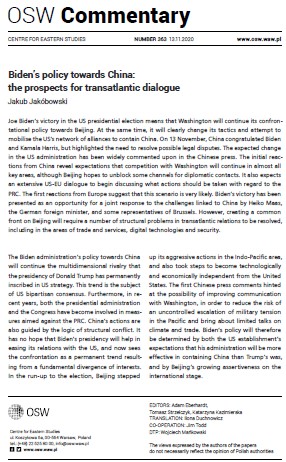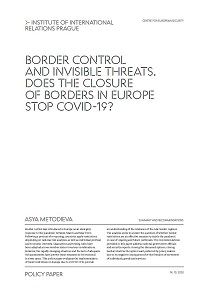Author(s): / Language(s): Serbian
Ideja o pisanju knjige i pokretanju projekta o srpsko-albanskim odnosima javila se, kako to na Balkanu često biva, u kafani (koja je, doduše, u neposrednoj blizini Narodne biblioteke Srbije). Pošto su se u Betonu pojavili tekstovi Milana Miljkovića o predstavljanju Albanaca u srpskoj štampi i Aleksandra Pavlovića o figuri Turčina kao neprijatelja, Milan je uz čašicu predložio da se inicira projekat koji bi okupio srpske i albanske intelektualce, teoretičare i teoretičarke u oblasti društvenih nauka koji bi zajedno obrađivali srpsko-albanske odnose. Verovatno je najčešći način borbe protiv politika neprijateljstva začudna i retka politika prijateljstva. Tako je bilo i u slučaju Aleksandra Pavlovića i Rigelsa Halilija, koji su zbog sličnosti u naučnim temama i interesovanjima najpre uspostavili „naučno pobratimstvo“, a ubrzo došli i do nekolicine drugih srpskih i albanskih kolega zainteresovanih da učestvuju u ovom projektu. Da sve ne ostane na kafanskoj priči (što na Balkanu takođe često biva) zasluga je i urednikā Betona, prevashodno Saše Ćirića, koji je kumovao projektu i knjizi predloživši njen naziv Figura neprijatelja: preosmišljavanje srpsko-albanskih odnosa, a obezbedio je i pomoć prevodilačke mreže Traduki koja je odmah prihvatila da sufinansira prevođenje tekstova sa srpskog na albanski jezik i obrnuto. Usledilo je nekoliko neuspelih inicijativa sa domaćim institucijama – naši prijatelji iz albanskog Ministarstva kulture rekli su nam da misle da za ovako nešto još nije vreme, a na konkursu srpskog Ministarstva kulture uprkos obimnoj dokumentaciji koju smo poslali u traženih 7 (i slovima sedam) primeraka (!), projekat na godišnjem konkursu nije dobio ni dinara. Za razliku od rečenih institucija, kolege iz Instituta za filozofiju i društvenu teoriju, pogotovo sadašnje koordinatorke projekta i kourednice ove knjige Gazela Pudar Draško i Adriana Zaharijević, uz mentorstvo Petra Bojanića, založile su se za projekat i značajno ojačale prvobitnu aplikaciju, koja je zatim podržana u okviru švajcarskog Programa za promociju istraživanja na zapadnom Balkanu koji finansira Švajcarska agencija za razvoj i saradnju, na čemu im dugujemo veliku zahvalnost. Pored IFDT-a i KPZ Beton, saradnici na projektu su i „Ćendra multimedija“ („Quendra Multimedia“) iz Prištine, koja je 2011. godine zajedno sa KPZ Beton objavila antologije Iz Prištine, s ljubavlju (o savremenoj kosovskoj literaturi na albanskom jeziku) i Iz Beograda, s ljubavlju (o savremenoj prozi mlađih autora u Srbiji), i „Poeteka“ iz Tirane, ugledni izdavački i kulturni centar koji kontinuirano objavljuje prevode savremene i ranije srpske književnosti na albanski jezik.
More...
